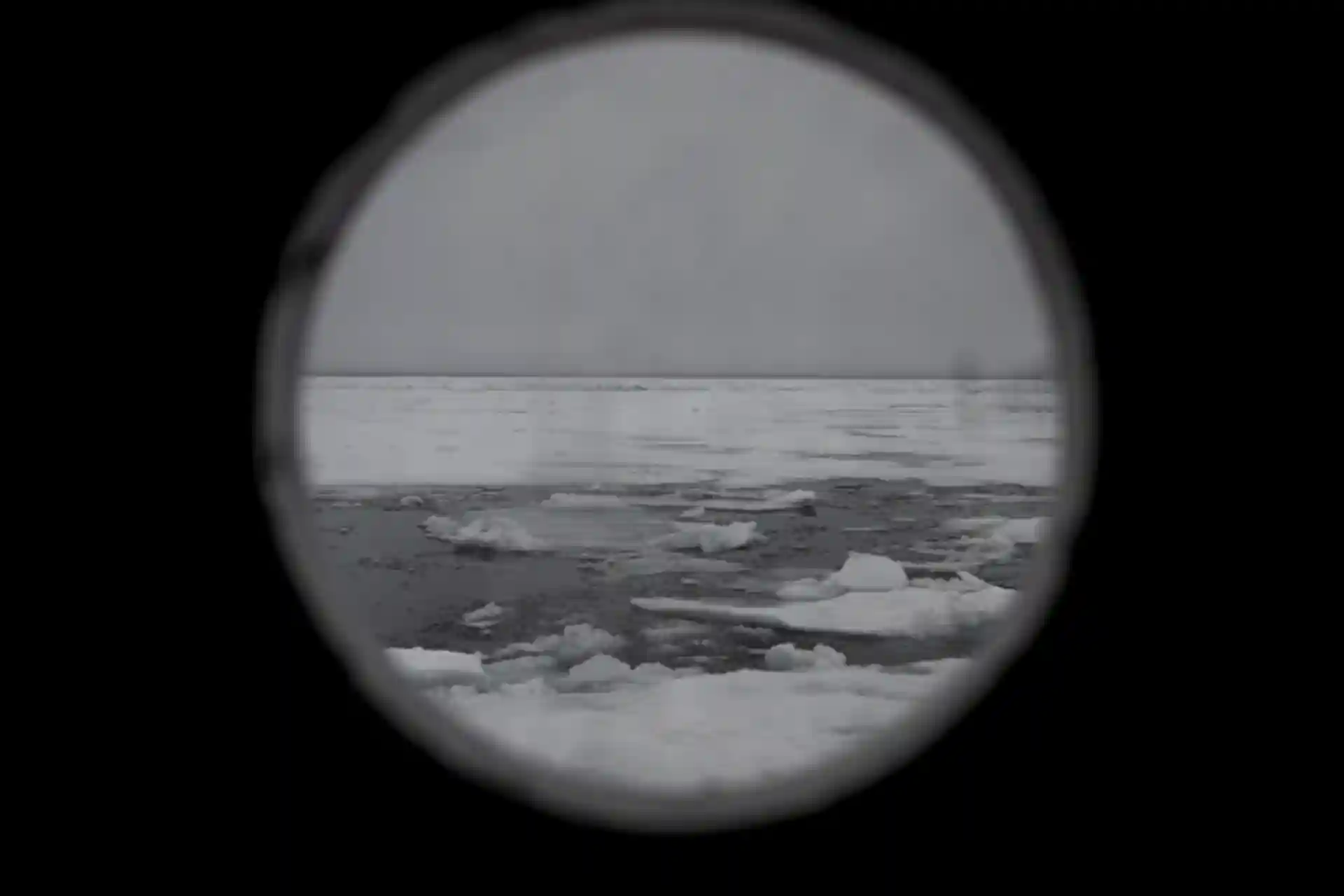The US has expanded its sea territories at the expense of the Arctic
The desire of the United States to expand its maritime territories at the expense of the Arctic has increased the concerns of Russia and China.
The United States wants to expand its continental shelf to an area twice the size of California in order to secure rights to rich seabed resources through next-generation technologies.
The State Department last week released new geographic coordinates to define the extended boundaries of the continental shelf, which covers an area of about 1 million square kilometers.
The US has claimed under international law that it has the right to protect and manage resources and vital habitats above and below the continental shelf, which extends up to 200 nautical miles (370 km) from the coast.
It is noted that this expansion may turn the Arctic, including the Arctic Circle, and the Bering Sea between Russia's Eastern Siberia and the US state of Alaska into a new area of tension and conflict, similar to China's claims in the South China Sea.
Mead Treadwell, a former lieutenant governor of Alaska and former chairman of the US Arctic Research Commission, said decades of scientific research, numerous icebreaking missions and detailed mapping of the sea floor helped substantiate the US claims.
"America is bigger now than it was yesterday," Treadwell said, comparing the size of the newly controlled territory to "two Californias."
The announcement of the United States on the expansion of the continental shelf alarmed Russia and increased the possibility of a territorial dispute between the two countries. Although Moscow has not made an official statement in this regard, there are concerns that this move could turn into a land dispute between the countries.
Grigory Karasin, a member of the International Affairs Committee of the Russian Federation Council, the upper house of the Russian parliament, told Sputnik that the unilateral expansion of the US continental shelf is "unacceptable".
China is also planning to build the necessary infrastructure in the region and expand its activities accordingly, as it seeks to take an early position in the transport and competitive environment that will arise in the near future due to the melting of the ice.
China, which is seeking to play a greater role in the Arctic, calls itself a "near-Arctic country" and considers the North Pole a common habitat for all countries.



